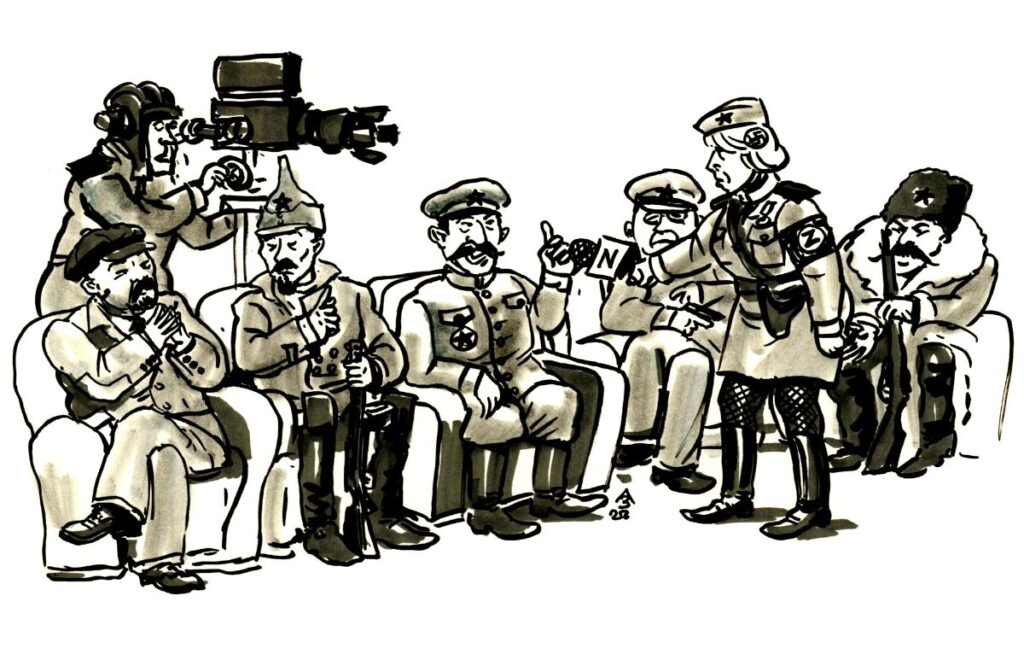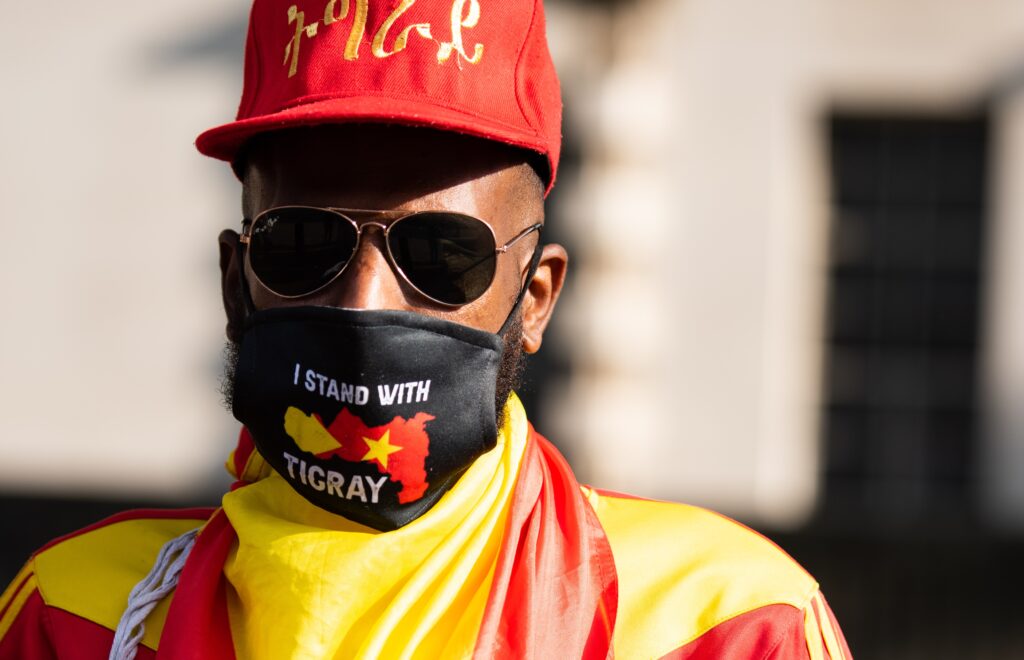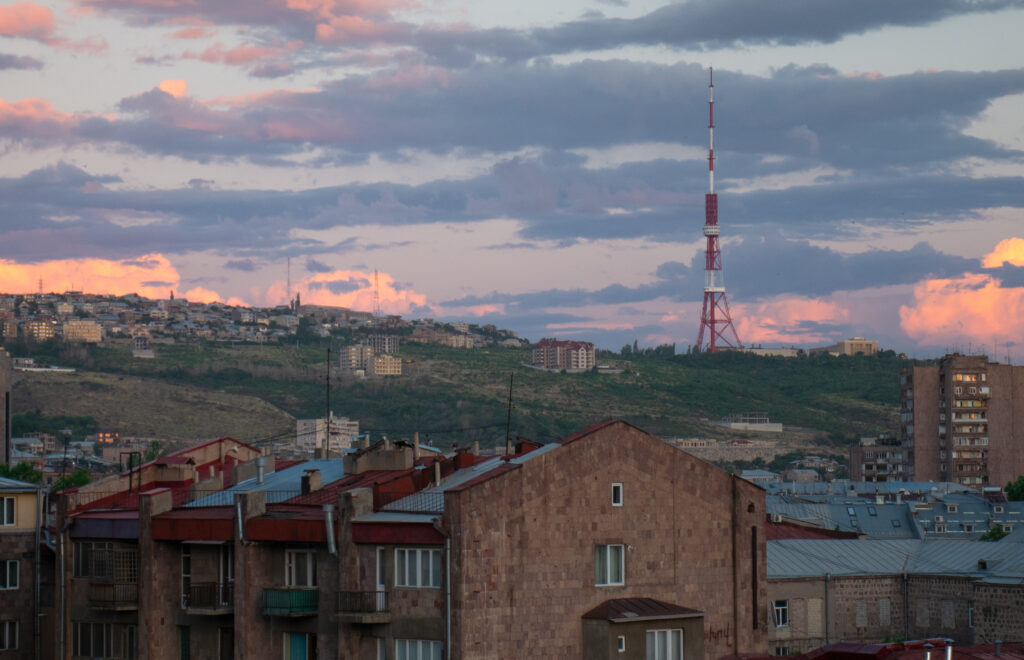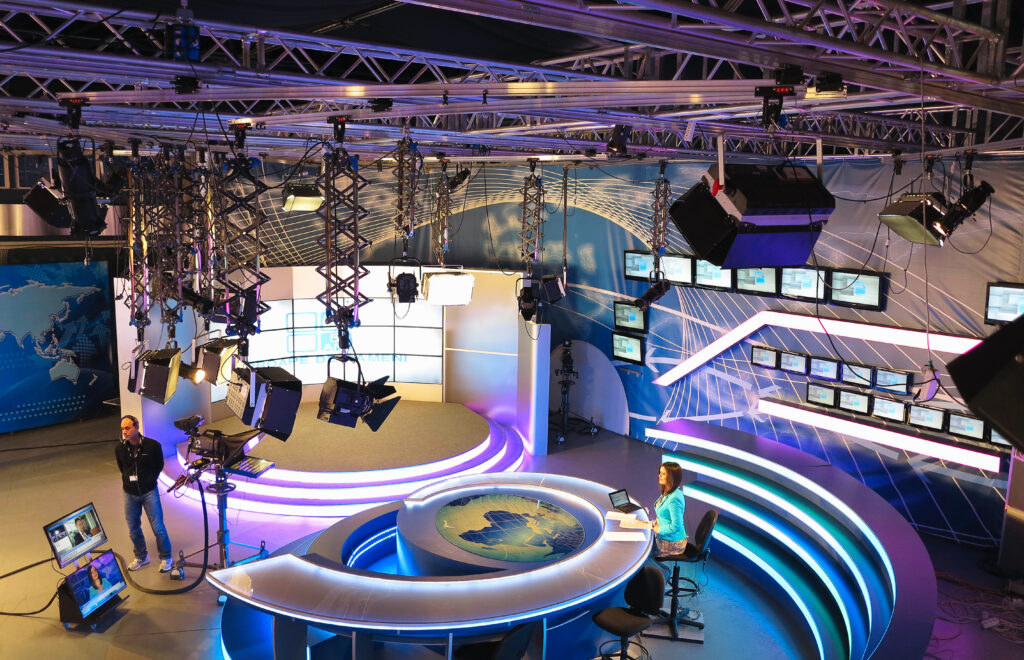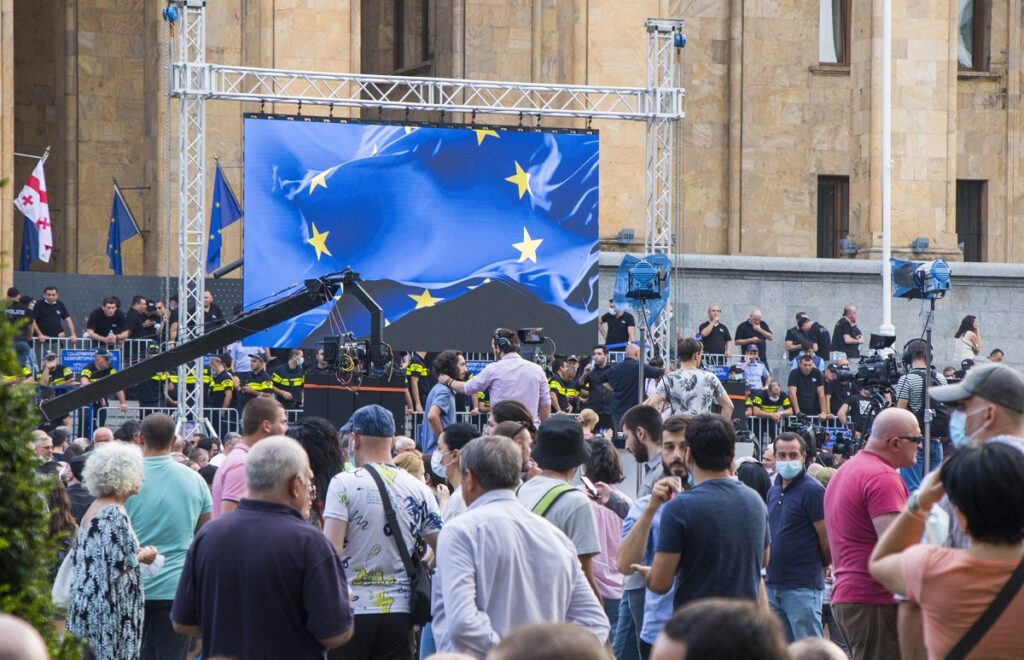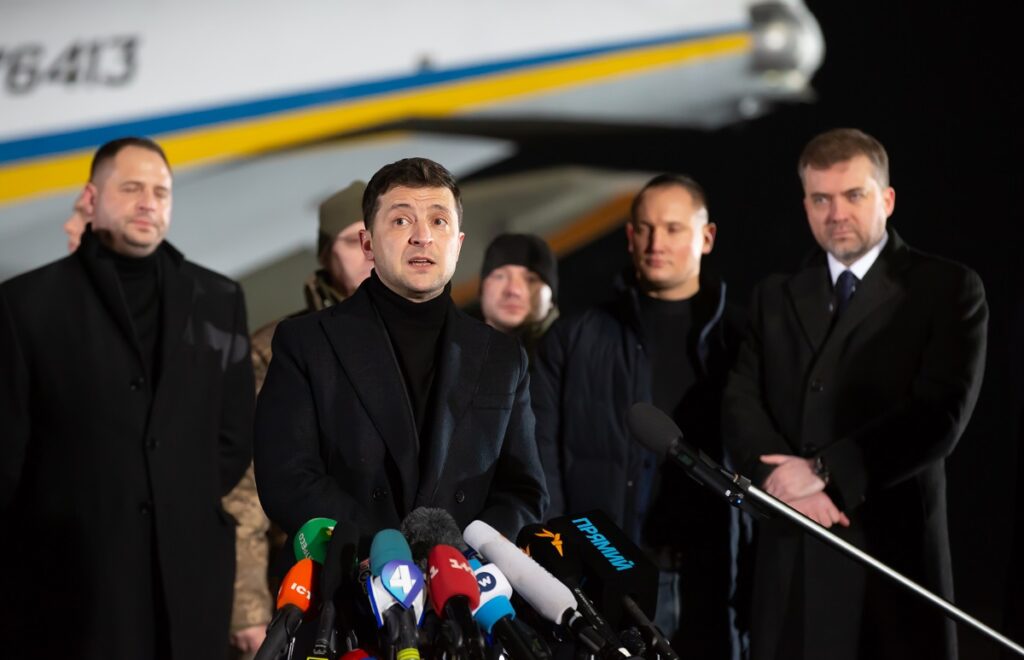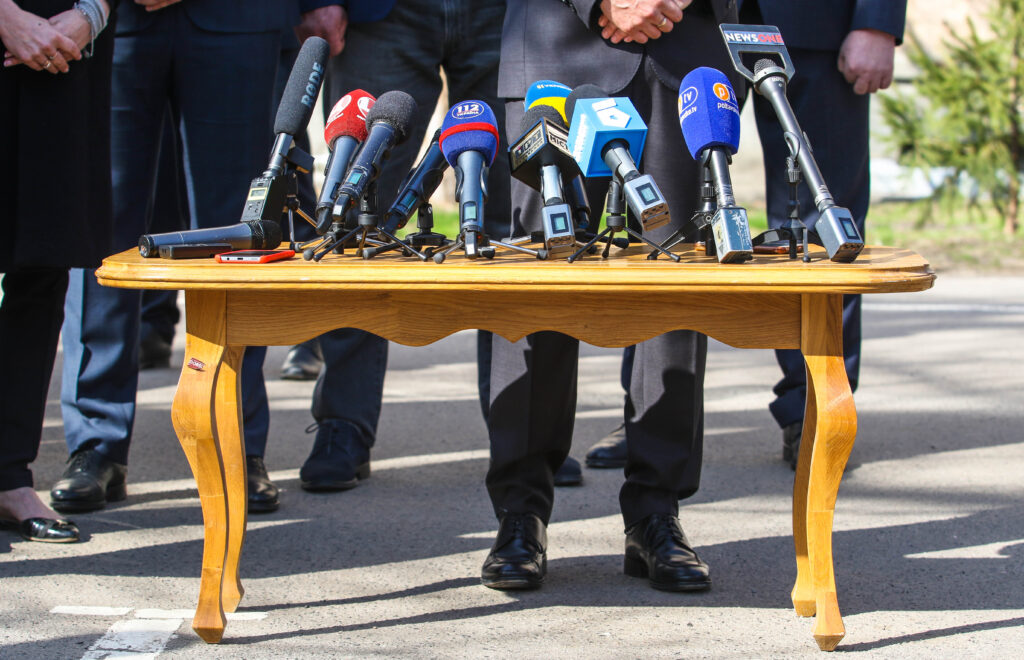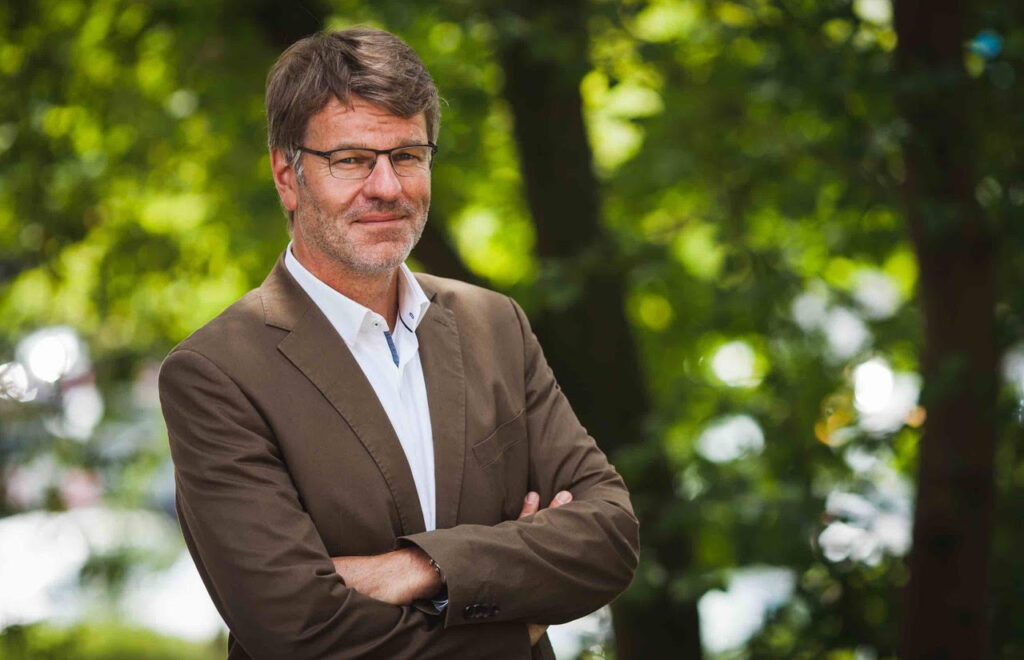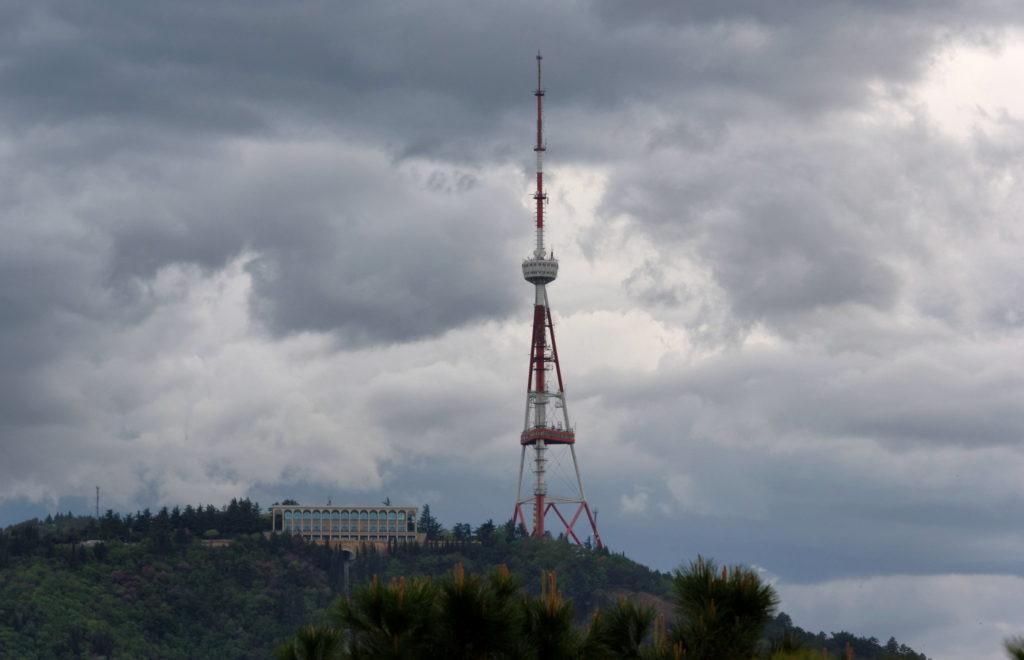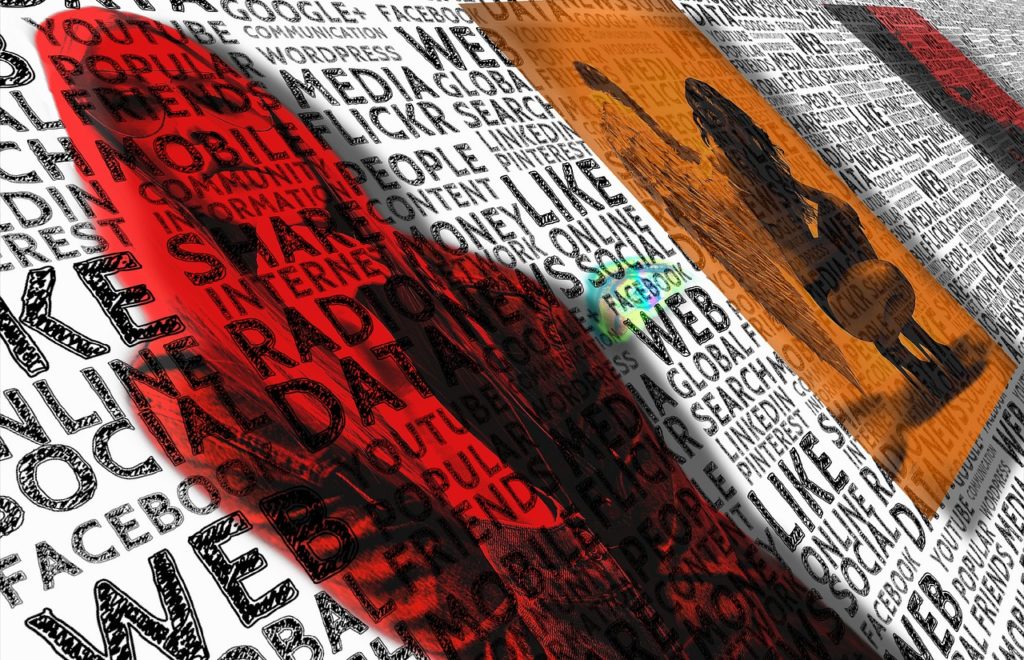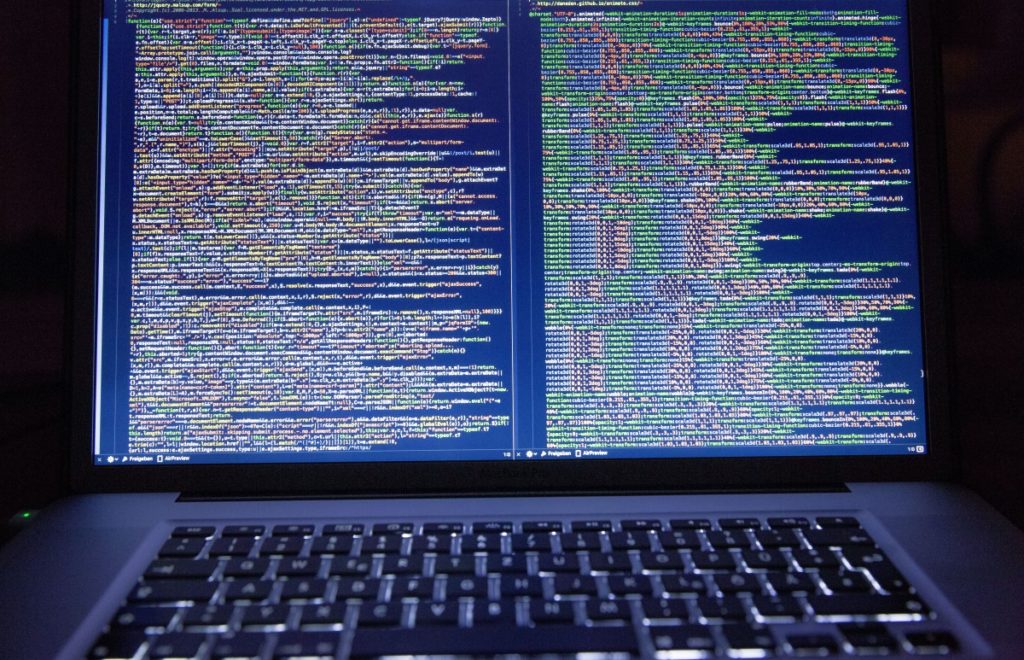Shame and a disintegrated society. The curious case of Russian intelligentsia
“We were getting ready, but never fully believed in the war,” said Andrii Yermak, the head of Volodymyr Zelenskyy’s presidential administration in an interview with Ukrain-ska Pravda. This conversation took place just days after the full-scale Russian invasion of Ukraine in February. From today’s perspective, which includes our knowledge of the hide-ous atrocities committed by the Russian army against the Ukrainian people in places such as Bucha or Irpin, we can say that Yermak’s confession was an illustration of the huge naiveté of the Ukrainian political elite. This naiveté seems even more striking when it is contrasted with the other side (Russia), where steadfast cynics spoke through propagandists and official spokespersons such as Dmitry Peskov or Maria Zakharova. The Russian side was also get-ting ready. Except, it believed in the outbreak of the war.
September 30, 2022 - Wojciech Siegień


